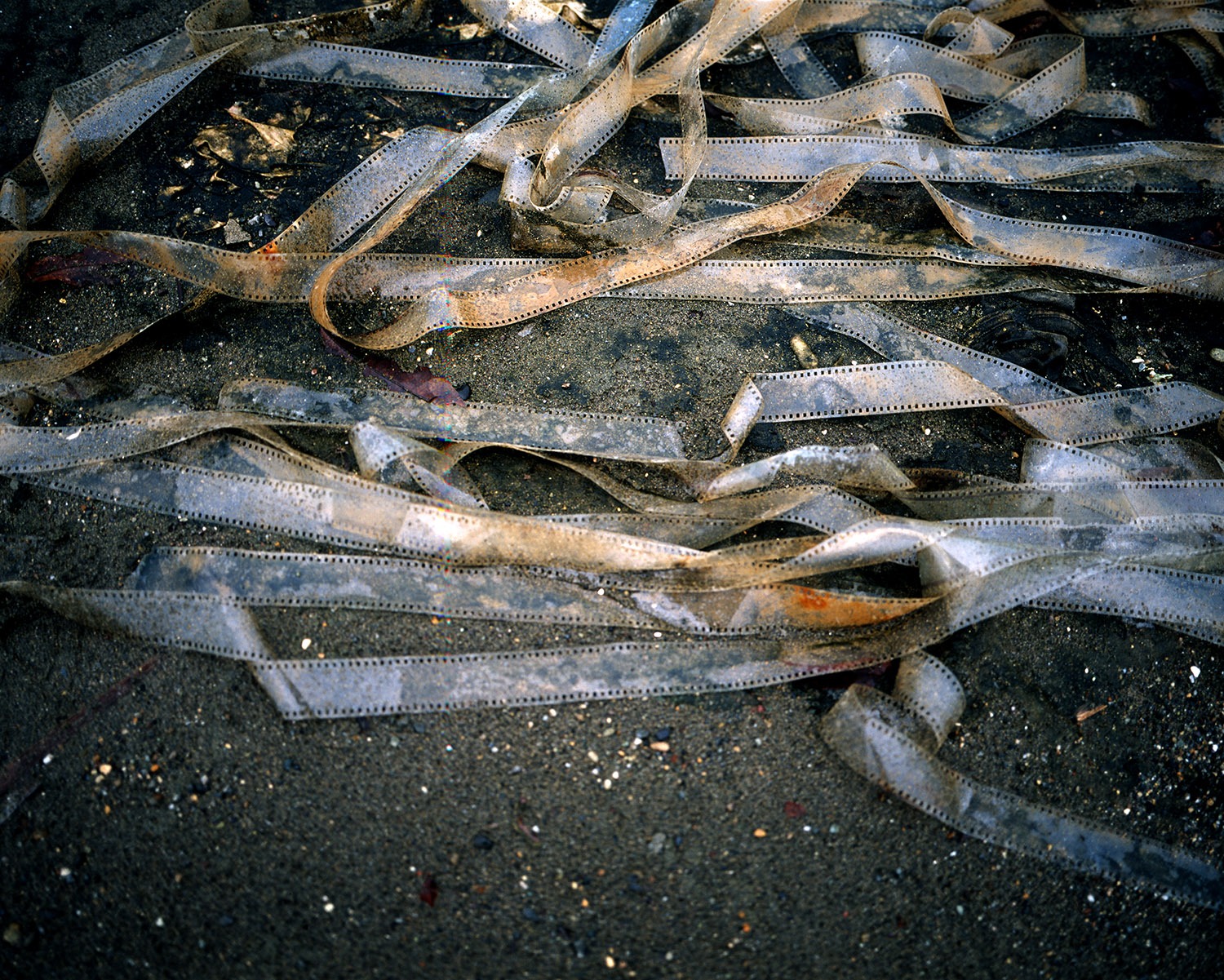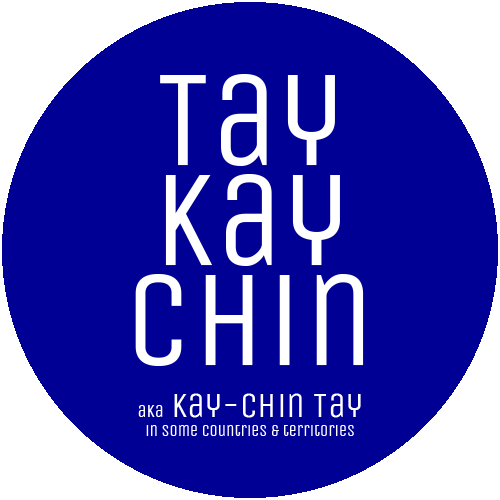Documentary
Goodbye Meulaboh

Depending on whom you asked, the reconstruction progress in tsunami-ravaged Meulaboh is either very swift or very slow.
At the peak of the crisis, the world reacted and donated millions of dollars as well as non-monetary aid to help restore order to the chaos.
By all accounts, Meulaboh, though a smaller and poorer cousin of province capital Banda Aceh, received overwhelming attention and help as well.
Yet, until a few months ago, more than two years after the tidal waves destroyed homes and lives, some Acehnese were still living in tents handed out by humanitarian groups.
It would be easy to just conclude that the money donated must have been swallowed in its transition from donors to beneficiaries. After all, it has been assumed that corrupted government officials and cunning businessmen are always ready to pounce when a disaster strikes.
But the truth is not always so black and white.
Aid workers say that some people chose to continue staying in the tents because they got more subsidies and attention.
Others apparently found ways to enjoy the best of both worlds – accepting their newly-built homes but continuing to have a presence in the tent.
At least one NGO encountered problems trying to close its camps because residents who were supposed to be staying in the tents cannot be found.
To say that Meulaboh is a construction boom-town will not be overstating it. And to be fair, there are substantial changes over the past months.
All over the coastal city are new constructions. Some estates are beautifully color-schemed, others more transient looking, probably because they are not meant for long-term use.
The first phase of a new jetty has been completed and is now heavily used by vessels bringing in important supplies like cement.
Judging from the presence of several salted fish shops and at least one ice factory, it is reasonable to conclude that supply of seafood must be abundant.
While overgrown vegetation is threatening to obscure the different signs put up by victims as claims of land ownership, it is not discouraging locals from coming here – to seek solace, to remember, or just to enjoy the breeze and waves.
While reliable labor is hard to come by, supply of construction materials is also problematic. Not that bribery needs a reason, but the shortage, and thus competition for raw materials such as bricks and sand, means more under-table money change hands.
Nobody seems to have a legitimate reason to complain.
There are, reportedly, funding bodies with so much excess cash that they have asked partners if they would consider giving furniture to families, in addition to homes that have been built for them.
By now, many NGO workers who have spent some time in the disaster zones, are now considered seasoned hands, or country experts.
Even a 18-year-old university sophomore from far-removed Texas can proudly and honestly wear the badge of Indonesia Coordinator, never mind that nobody has heard of his organization.
Overtime, they are often heavily sought after by organizations eager to show results or wrap up projects so they can move on to other places.
Project delayed? No problem. There are always the inefficient locals and erratic weather to blame. In fact, delays are often good for the individuals’ pockets.
Project canceled? No problem too. The same reasons are often valid.
In normal business dealings, money is often lost and projects are abandoned after expensive feasibility studies are conducted.
So why should humanitarian work be judged differently?
After all, helping people is also a competitive business that requires the same players – brokers, middlemen and politicians.
NGOs compete with each other, Meulaboh and elsewhere, for prominent projects. In the name of choosing the best for its people, local government officials vet suitors like they would screen normal business proposals.
Depending on whom you speak to again, there is a lot to be done and nothing to be done. Both, unfortunately, are correct.
Apparently, there are projects awarded that cannot commence because of the lack of funds. And there are funds with no projects to match.
In advanced economies, a customer is king. The same edict seems to be true in disaster zones. To wrestle projects from other NGOs, the best way to go about, apparently, is instigating a customer revolt.
Yes, the people have the right to demand for service and quality.
On a more positive note, other sectors of the economy have been stimulated.
A new seafood restaurant has opened a few months ago along a busy road on the way to the beach.
The owner, a local boy who has lived almost four decades in Jakarta, had gone back to Meulaboh to visit his aging mother and siblings but ended up staying to open the most expensive restaurant in town.
He said that the quality of life in Meulaboh has always been good and that is totally believable.
Sure he wants to be near his family, and sure, money to be made is just an added incentive.
Next to this seafood joint is a new supermarket opened by some young people from Medan. They are not related but are enjoined by a common mission to enrich the community, and themselves, never mind the order.
When night falls, a self-fashioned love doctor dishes out cococtions to his eager men-only clients. A pack of powder named Viagra is mixed with egg yolk and garnished with a few drops of lime. Judging from the facial expressions of a few customers, it must have been distasteful.
I searched thoroughly among the extensive range of magic potions but found no medicine to specifically cure the heartache and sorrow of losing loved ones to tsunami.
The lone cafe next to the iconic mosque on the beach has grown steadily, allowing, if not requiring, the friendly and humble owner to find a new life partner. Recently, they have a new baby girl.
The loss of their respective spouses and children, with any luck, will soon be a distant memory.
I had gone to Meulaboh to seek closure to a personal project and personal curiosity. So I chose to spend my last afternoon at his cafe that I always frequented in my previous visits.
Sensing that I have a sincere concern for the cafe owner, some of his regulars told me that many NGO workers have given him money, suggesting, directly and indirectly, that I should too.
In the past, people would just make small talks and exchange little pleasantries. This time, I was asked point blank by a man if I had a lot of money and if I would exchange my Singapore dollars for his Indonesian rupiahs (at cut-throat rate no doubt).
Even with my limited command of Bahasa Indonesia, I also understood that he desired my cameras.
To be totally honest, I had arrived in Meulaboh with a preconceived belief that little has progressed. I was wrong. Like it or not, the simple life has been changed and there is no going back. It seems, the people here have mastered overnight, the technique to get more for themselves.
When my plane took off for Medan, I can’t help but to notice a new terminal being built along the runway. Soon, there will be a duty free shop.
The time is right for me to say my goodbye to Meulaboh.
